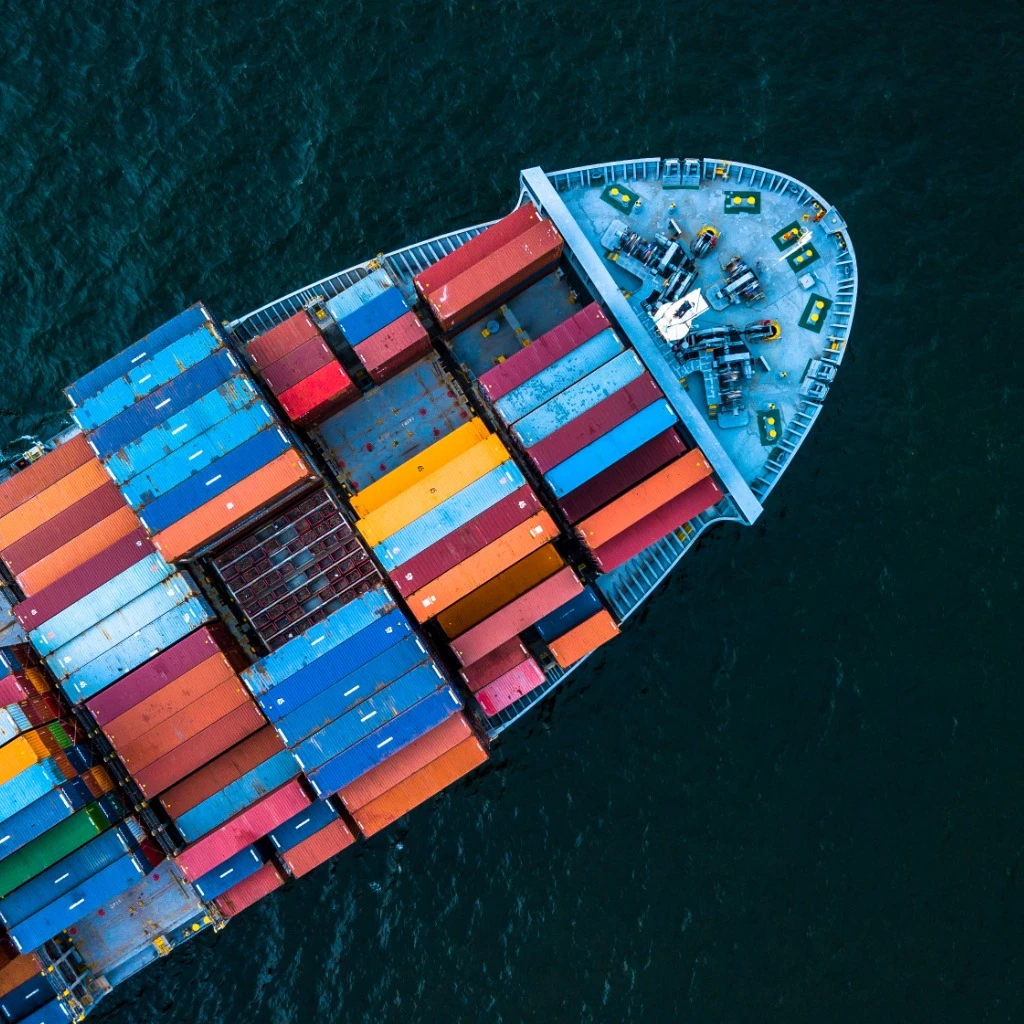Over the past week, most of the world's largest shipping firms have said they will avoid the Red Sea and, therefore, the Suez Canal after Yemen-based Houthi rebels fired missiles at cargo ships over the Israel-Hamas war.
Instead, ships traveling from the Far East to Europe will need to make a detour around the entire African continent via South Africa's Cape of Good Hope. The journey will take more than a week longer and will add about 3,500 nautical miles (6,482 kilometers).
The Suez Canal, which connects the Red Sea to the Mediterranean, is the shortest route between Europe and Asia. About 12% of global shipping traffic normally transits the waterway.
Costs for shipping firms skyrocket
The decision already greatly impacts the cost of shipping goods, say industry analysts. If it becomes an extended crisis, it could spark a hike in the price consumers pay for imported goods.
"Take one round-trip voyage from Shanghai to Rotterdam, and you add a million dollars in fuel costs from rerouting via the Cape of Good Hope," Peter Sand, chief analyst at the Copenhagen-based market analytics firm Xeneta, told DW. "So that alone is a huge bill."
Insurance premiums have soared in response to the attacks, while container shipping lines that run weekly services between Asia and Europe will need to factor in the cost of three extra ships to ensure a similar level of service, Sand added.
The delays in shipping will then have knock-on effects at container ports across Europe, which are usually highly efficient at handling flows of large numbers of containers.
"Let's say I have a port that handles 50,000 containers per week. But then if nothing arrives for a week, and the following week a hundred thousand containers arrive, that can cause congestion problems" Lars Jenson, CEO of Vespucci Maritime, a Denmark-based shipping industry consultancy, told DW.
The Red Sea crisis has stirred memories of March 2021 when the Suez Canal was blocked for six days after the container ship Ever Given ran aground. At that moment, the world was exiting lockdowns from the COVID-19 pandemic, and huge bottlenecks had already emerged in global trade supply chains.
Hundreds of ships were left in a holding pattern in the Red Sea for weeks, and the cost of shipping a container rose from $2,000 (€1,828) to $14,000. The Ever Given crisis caused months of additional delays to goods imported from Asia.

CONTINUE READING

